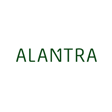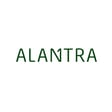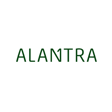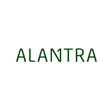Become a Creator today!Start creating today - Share your story with the world!
Start for free
00:00:00
00:00:01

Rx-to-OTC Switch Challenges and Opportunities, a Conversation with Paul Wardle, Founder of Beacon Associates
Paul Wardle led switches at HRA Pharma and Pfizer and worked on iconic switch brands such as Viagra, Advil, Lipitor and Opill. In light of recent Rx-to-OTC switches, Paul, who is now founder at Beacon Associates, shares his perspectives from his decade-long switch experience. In this episode, Rusty and Paul discussed the underlying impacts switch products bring to consumer adherence and utilization, as well as the switch process and the new ACNU regulation.



